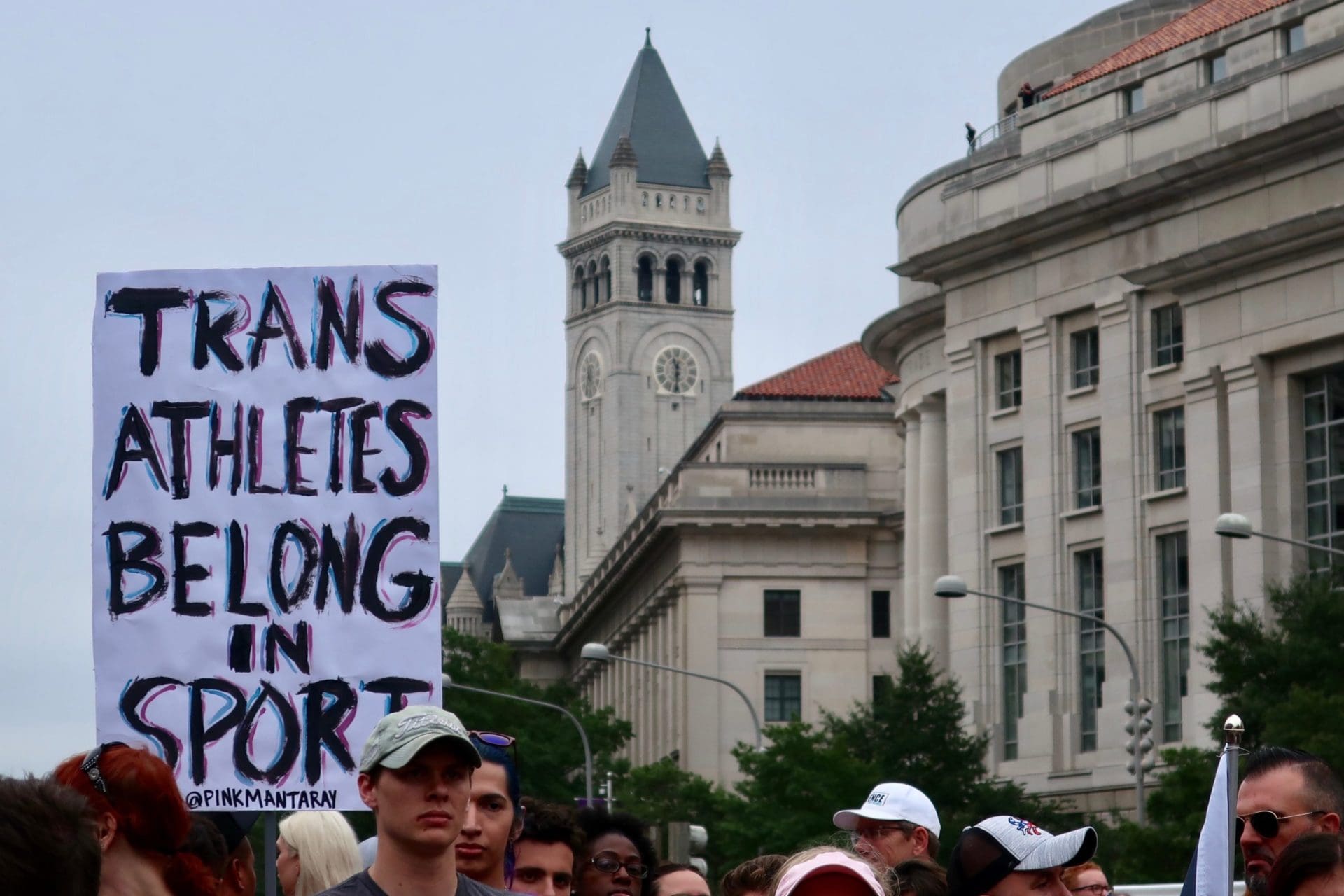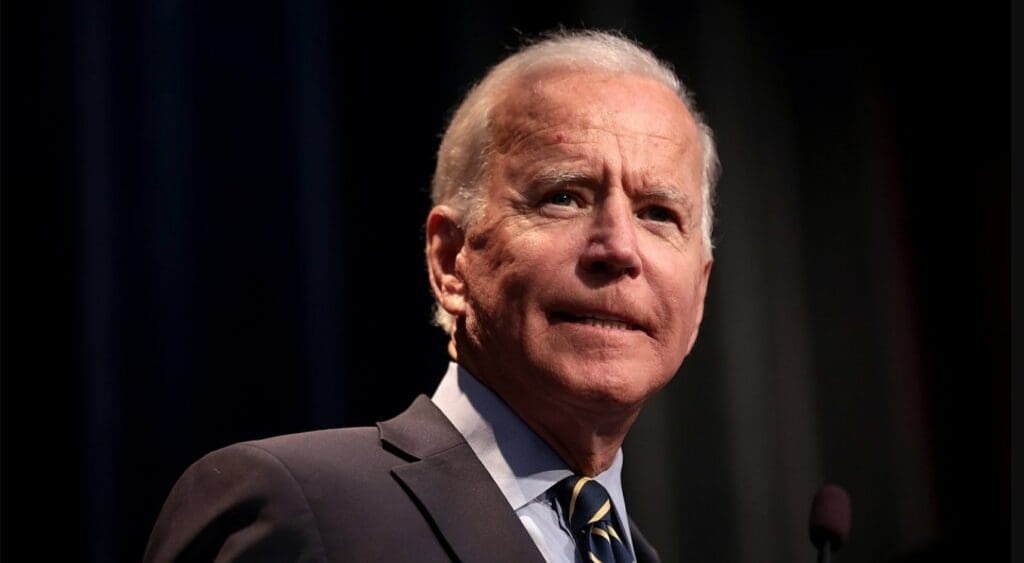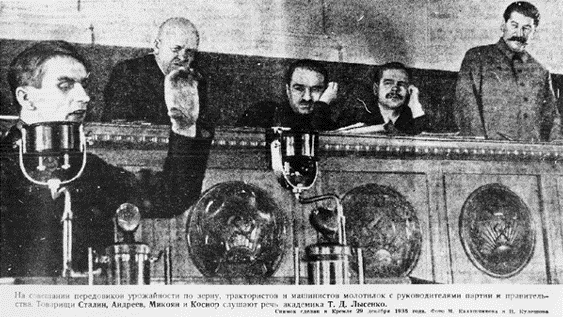FINA, the international swimming federation, with 71.5 per cent of the members approval, has effectively barred[1]transgender women from competing against cis women at elite-level competitions. The new policy was set to go into effect on 20 June 2022, just days after the start of the world swimming championships in Budapest. It states that those male-to-female transgender athletes who transitioned after the age of 12–or reached stage 2 on the Sexual Maturity Rating (SMR)[2] during puberty–will be unable to compete in the women’s categories in FINA competitions. Stage 2 on the Sexual Maturity scale in males during puberty is the 1st significant step of reaching sexual maturity. The policy also makes mention of those who transitioned from female-to-male, as they are now also banned from competing if their testosterone therapy was longer than a year or their testosterone levels are not on pre-treatment levels.
The decision has in fact been long awaited. Many coaches and swimmers have been trying to pressure FINA into restricting transgender women, especially after Lia Thomas’ controversial success in the National Collegiate Athletic Association’s (NCAA) first division. Thomas was competing against females despite the fact that he had only begun transitioning in 2019-2020, as a full-grown male.
Is it fair that someone who was born a male, which comes with a considerable physical advantage over women, competes against women?
Many argue that the problem of trans athletes competing, and in particular, male-to-female ones, against cis counterparts is essentially a question of fairness. Is it fair that someone who was born a male, which comes with a considerable physical advantage over women, competes against women? While most would agree that it is not, some experts in fact posit that elite level sports are inherently unfair, as the genetic makeup of athletes always play a vital role. Dr. Birgit Braumüller of the German Sport University of Cologne, for one, has suggested that ‘total equality in sports is always illusory. There is always someone who has a physical advantage, like Usain Bolt or Michael Phelps. So why is it such a problem with trans athletes?’[3]
She is definitely right in the sense that some are more genetically “gifted” than others. Outliers like Usain Bolt or Michael Phelps certainly seem to be on the gifted side genetically. However, citing outliers can hardly justify the anomaly of the advantage that trans athletes have over their competition. In addition, while inherent genetic advantages are indeed impossible to regulate, advantages acquired thanks to hormone treatments administered by doctors can, so Dr. Braumüller’s argument that “total equality” does not exist is irrelevant. As the president of FINA, Husain al-Mussalam put it: ‘We have to protect the rights of our athletes to compete, but we also have to protect competitive fairness at our events, especially the women’s category at FINA competitions.’
The creation of an ‘open category’ would create a space for transgender athletes of all kinds to compete
No one has suggested that trans athletes should not compete, they should have every right to do so, but in their own category, in order to create as much of a fair playing field as possible. The creation of an ‘open category’, as suggested by FINA, would create a space for transgender athletes of all kinds to compete, without hurting the competitive integrity of sports. The purpose of such rulings is not to restrict the rights of the LGBTQ community, but rather to preserve competitive integrity, by securing equal opportunities for those looking to compete.
[1] FINA, ‘Policy on eligibility for the men’s and women’s
competition categories,’ Fina.org, (19 June 2022), https://resources.fina.org/fina/document/2022/06/19/525de003-51f4-47d3-8d5a-716dac5f77c7/FINA-INCLUSION-POLICY-AND-APPENDICES-FINAL-.pdf, accessed 26 June 2022
[2] Ashley Marcin, ‘Navigating Puberty: The Tanner Stages,’ Healthline.com, (22 March 2022), https://www.healthline.com/health/parenting/stages-of-puberty, accessed 24 June 2022.
[3] Marcel Aburakia Nadim, ‘Unfair advantage or more inclusion? Trans athletes in sports’, DW.com, (24 June 2021), https://www.dw.com/en/unfair-advantage-or-more-inclusion-trans-athletes-in-sports/a-57995840, accessed 26 June 2022







